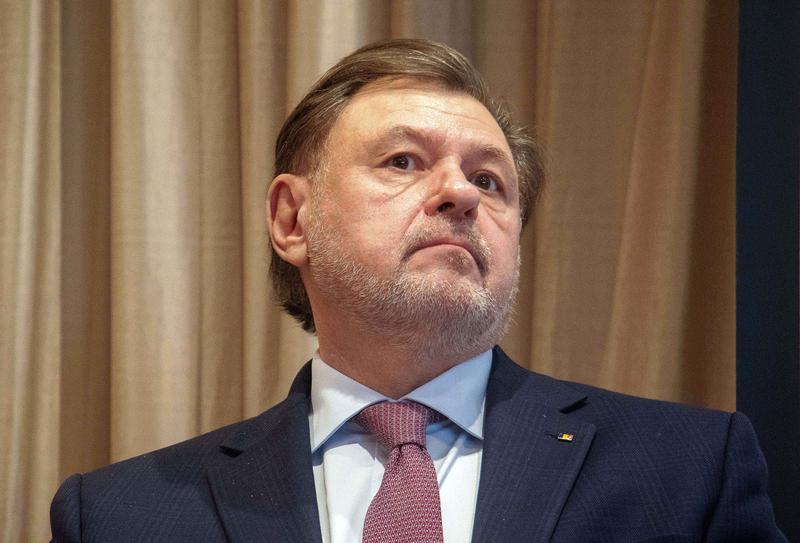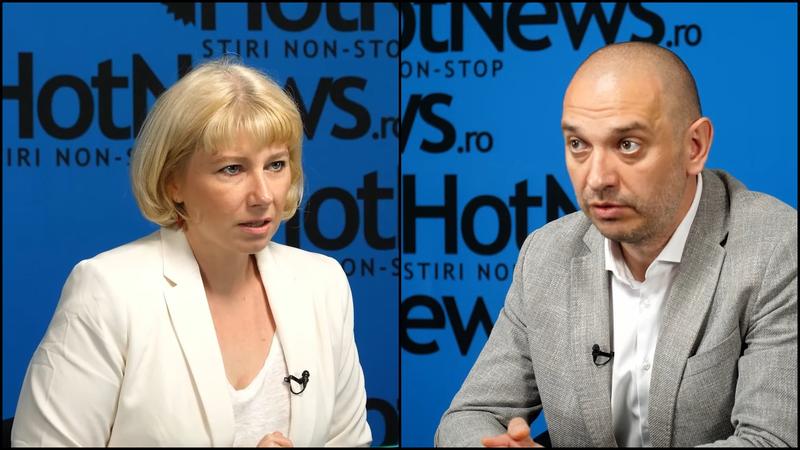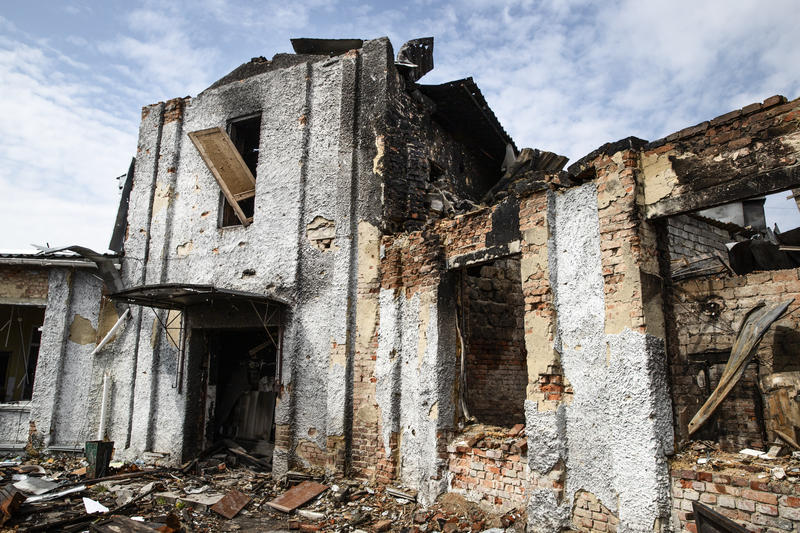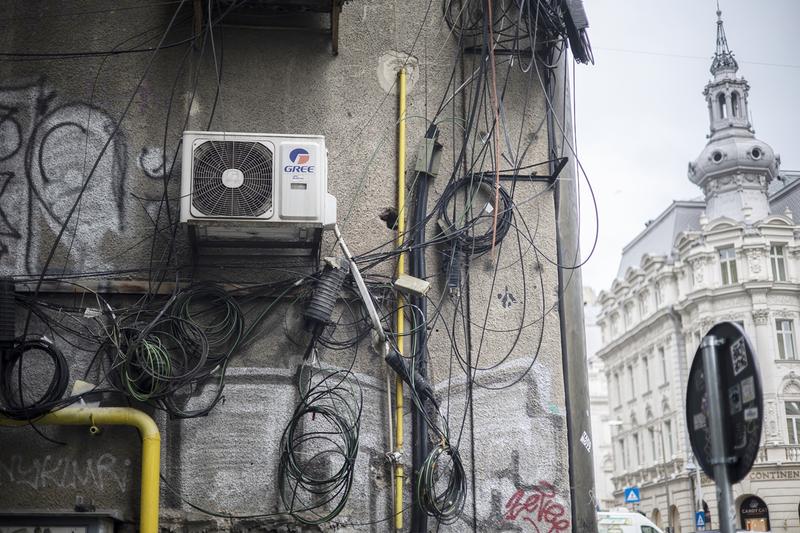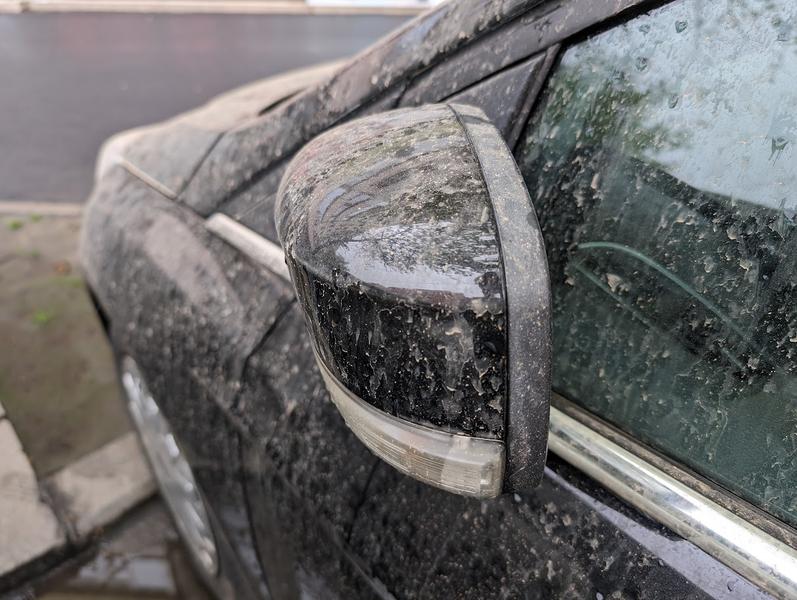The European Commission (EC) wants a parallel count in the state system. Elsewhere in the news, a new fiscal anomaly: Romanians owning a house abroad will be taxed twice for their wealth overseas. Last but not least, the Romanian Government, the World Bank and the other financing institutions will decide the fate of the unique salary scheme.
The European Commission (EC) wants a parallel count in the state system, Gandul reads. The EC proposed that the organisation and functioning of the Romanian public sector be audited by the World Bank (WB), but it didn't mention any specific performance criteria. If the audit is carried out, the loan agreement will feature a general description of the health sector and of the state's social protection.
Economist Ilie Serbanescu says that such an audit might underline the fact that most money black holes are with the foreign capital because its representatives win most of the public acquisitions in Romania. In regards to the pension law, the IMF officials insist that it is approved by mid-2010 and enforced by 2011. Plus, the Romanian PM Emil Boc says he wants to extend the governmental guarantees in co-financing European projects involving local administrations and public institutions, to help them absorb more money.
Boc shows confidence in receiving the next two instalments, saying that all conditions have been fulfilled. Romania's representative to the IMF Mihai Tanasescu declared during a TV show that it is very likely for the negotiations to conclude with a convenient result. He said that the two parts have discussed on the way to reach the 5.9% fiscal deficit in order to trigger certain fiscal effects.
A new fiscal anomaly: Romanians owning a house abroad will be taxed twice for their wealth overseas, Adevarul informs. Experts say that this is a breech in international law. One of the wealthiest Romanians declared that if the tax on wealth will affect this category, they will migrate towards fiscal paradises because they had enough with Romanian duties.
The 0.5% on wealth bigger than 500,000 euros, a tax proposed by social-democrat Mugurel Surupaceanu, does not allow the rich to transfer their wealth to a different country. If the tax is voted, those with the targeted wealth will have to pay up for their possessions overseas as well. Those living abroad will be taxed only for their wealth from Romania.
But he law entails a double-tax. According to the current Romanian law, Romanians have to declare everything they have earned abroad. "Those who elaborated such a law do not have a minimum fiscal knowledge. It is a totally absurd and useless measure, especially when those targeted can obtain, at anytime, a fiscal residence in another country", BDO Tax Advisors tax partner Emilian Duca said.
InterAgro president Ioan Niculae claims that Romania chases away the investments of the rich. Businessman Ovidiu Tender said he will sell his shares to a foreign company if the law will be enforced. European Drinks president Viorel Micula believes that business people will migrate to fiscal paradises. "With those taxes, we return to socialism. We're drifting too far away from capitalism. The state should create competition conditions, like in all civilised European countries", Atlassib group president Ilie Carabulea states.
Romanian businessman and MEP Gigi Becali agrees with the fiscal measure, while Centre for Economy and Freedom ECOL coordinator Cosmin Marinescu described the tax as "solidarity by force". He said hat Surupaceanu's initiative betrays a Robin Hood socialist reflex, which could backfire against the capitalist development. According to him, there's a need for more freedom instead of taxes for Romanians to become wealthier. Countries like Austria, Denmark, Germany, Finland, Island, Sweden, Luxembourg and Spain gave up the tax after the negative impact it had on the business environment.
Capital.ro reads the Romanian Government, the World Bank and the other financing institutions will decide the unique salary scheme's fate. The chances don't favour its enforcement. By tonight, the Government needs to either pass an act to suspend it or to clearly state its means of implementation. From 2005 to 2008, the public spending doubled. The number of state employees is huge and the standards for their income are opaque.
Out of 4.3 million income-earners, 1.1 work for the state, Romanian Institute of National Statistics showed in November last year. The figures do not include all the employees working for the state, so 1.5 million would be a more correct figure, the publication goes on. Thus, the unique income scheme was born. It was adopted in mid-September 2009 but it was officially published only in November, because it seems some of its features contradict each other.
Most of state employees do not have a high salary, but the quantity of bonuses make a real difference. The budget for state salaries needs to drop from 9.4% of the GDP (2009) to 8.7% in 2010. Finance Minister says the spending will be 1.4 billion lei shorter this year. But an article from the same law says this budget will not drop in 2010. Most of the employees in the educational and health sectors, where there is a real problem with the low level of their incomes, accuse an even lower salary if the law is to be enforced. Unions fear high unemployment - 80,000 - 100,000 jobs to be axed.
